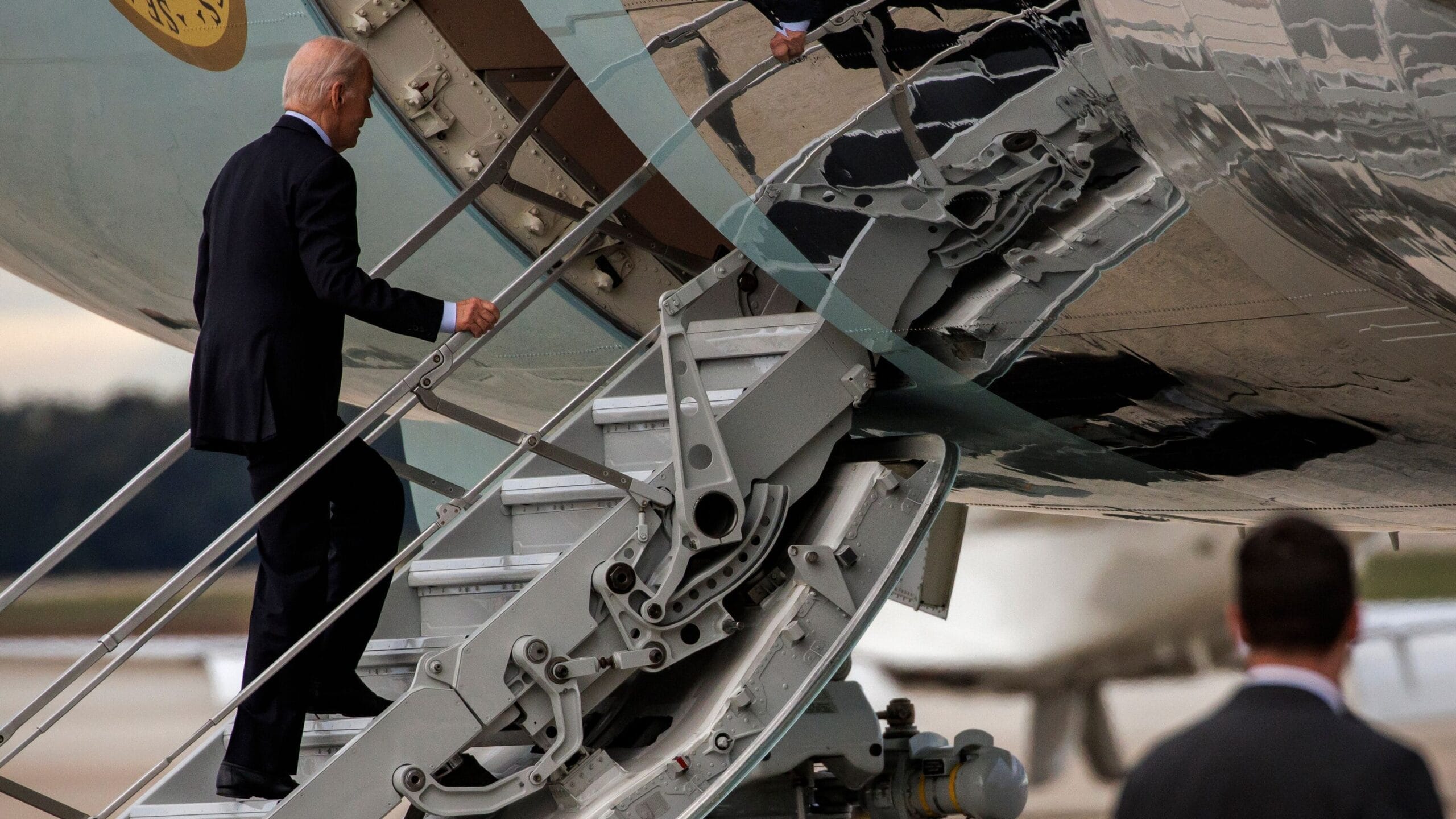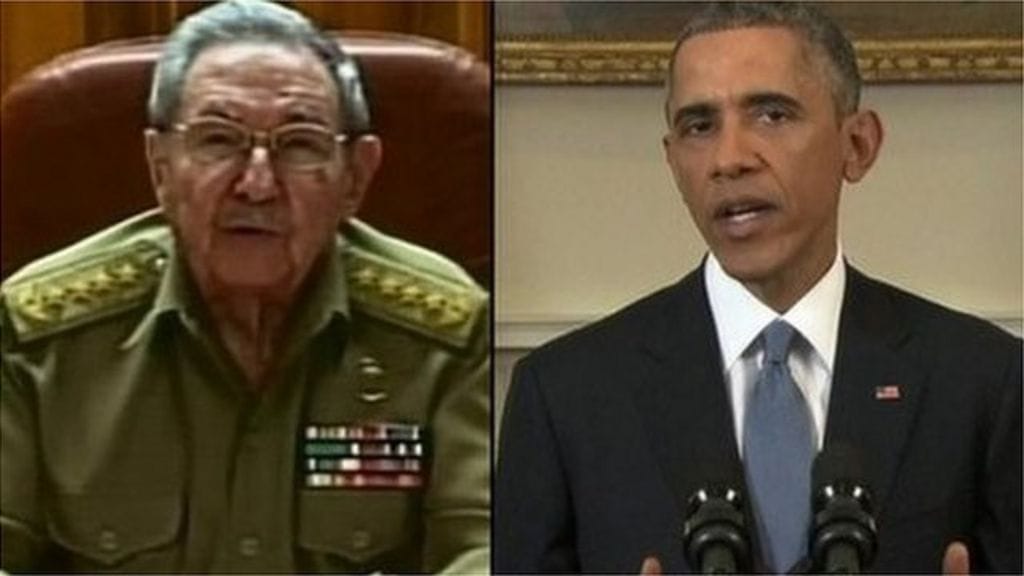The Biden administration has recently announced a significant arms shipment to Israel, valued at $8 billion. This decision reflects the United States’ ongoing commitment to supporting Israel’s defense capabilities in a complex and often volatile geopolitical landscape. The arms shipment is expected to include advanced weaponry and military equipment designed to bolster Israel’s military readiness and enhance its operational capabilities.
The announcement comes at a time when tensions in the Middle East remain high. Israel faces numerous security challenges, including threats from neighboring countries and non-state actors. The U.S. government has long viewed Israel as a key ally in the region, and this arms shipment is seen as a vital component of maintaining Israel’s qualitative military edge over its adversaries.
The arms package will likely include a range of sophisticated military technologies. These may encompass missile defense systems, precision-guided munitions, and other advanced weaponry that are essential for modern warfare. By providing Israel with these capabilities, the U.S. aims to ensure that its ally remains prepared to address any potential threats that may arise in the region.
Supporters of the arms shipment argue that it is crucial for Israel’s national security. They contend that a strong Israel is vital for stability in the Middle East and that U.S. support plays a significant role in deterring aggression from hostile nations. Furthermore, proponents assert that the arms transfer is consistent with U.S. foreign policy objectives, which prioritize the protection of democratic allies.
Critics, however, have raised concerns about the implications of such a large arms shipment. They argue that increased military support could exacerbate tensions in the region and contribute to an arms race among neighboring countries. Additionally, some human rights advocates have expressed apprehension regarding the potential use of U.S.-supplied weapons in conflicts that may lead to civilian casualties.
The Biden administration has emphasized that the arms shipment is intended to enhance Israel’s defensive capabilities rather than to escalate military confrontations. Officials have stated that the U.S. remains committed to pursuing diplomatic solutions to conflicts in the region, while simultaneously ensuring that Israel has the means to defend itself against any threats.
This arms shipment is part of a broader defense cooperation agreement between the United States and Israel, which has been in place for decades. Under this agreement, the U.S. provides Israel with military aid and advanced weaponry to support its defense needs. The relationship has been characterized by a shared commitment to democratic values and mutual security interests.
In addition to the arms shipment, the U.S. has also engaged in joint military exercises with Israel, further strengthening the partnership between the two nations. These exercises are designed to enhance interoperability and ensure that both militaries can effectively collaborate in times of crisis.
As the situation in the Middle East continues to evolve, the U.S. government’s decision to provide this substantial arms shipment to Israel is likely to have significant implications for regional security dynamics. It underscores the complexities of U.S. foreign policy in the region, where balancing support for allies while addressing concerns about escalating conflicts remains a challenging endeavor.
The announcement of the arms shipment has garnered attention from various stakeholders, including lawmakers, defense analysts, and international observers. As discussions unfold regarding the shipment’s potential impact, it is clear that U.S. military support for Israel will continue to be a focal point in discussions about security and diplomacy in the Middle East.
In conclusion, the Biden administration’s plans to send an $8 billion arms shipment to Israel reflect a longstanding commitment to supporting its ally’s defense capabilities. While the move is intended to bolster Israel’s military readiness, it also raises important questions about the broader implications for regional stability and security. As the situation develops, the international community will be closely monitoring the effects of this significant arms transfer on the dynamics of the Middle East.



